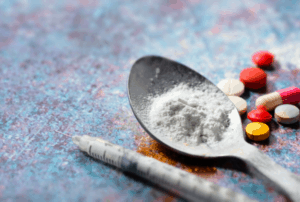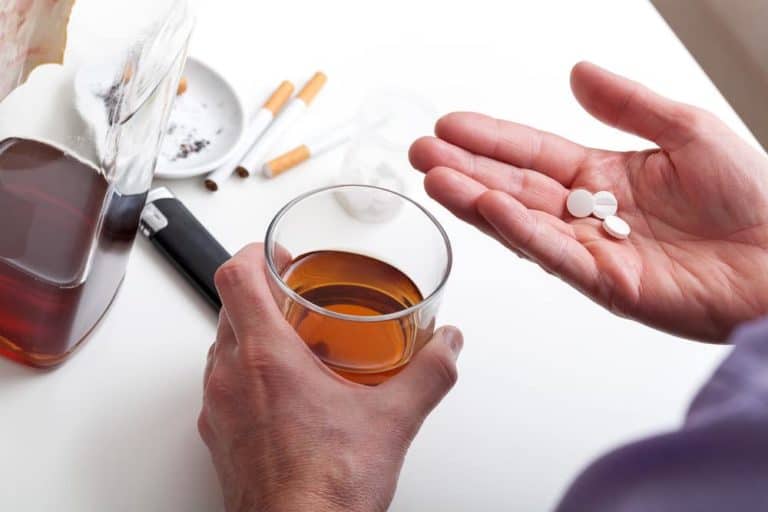History of Methamphetamine
Although developed in Japan in 1919, methamphetamine remained largely unknown until WWII when it was regularly distributed to troops on all fronts. Acting as a stimulant, soldiers required less rest to remain sharp in combat while Japanese Kamikaze pilots were known to inject methamphetamine before their suicide missions. Post-WWII, the drug was made available to the Japanese public and usage boomed. Methamphetamine quickly spread across the globe and by the 1950s was a popular diet aid and antidepressant. In 1970, The U.S. Government ruled the drug illegal, citing its destructive qualities. Since then, illegal production and drug trafficking remain solely responsible for its availability. Today, methamphetamine ranks in the top 5 of most addictive, illicit drugs in the world.

The Methamphetamine High
Methamphetamine can be smoked, injected, snorted, or taken in pill form. The use of methamphetamine results in a high in which the user experiences:
Alertness
Focus
Decreased appetite
Euphoria
Excessive sweating
Rapid heartbeat
Sense of invincibility/ grand sense of self
Methamphetamine Side Effects
Long-term methamphetamine abuse can cause lasting effects and irreversible damage. Such side effects include:
Facial scars or ‘picking’ scars
Weight loss
Tooth decay
Brain damage
Liver damage
Confusion
Memory loss
Paranoia
Hallucinations
Violence
Methamphetamine usage in the United States
Although there are more resources available to combat drug abuse than ever before, methamphetamine usage continues to rise. According to the Center for Disease Controls and Prevention, between the years of 2015-2018, 1.6 million Americans reported using methamphetamine. Even more recently, approximately May 2018 until May 2019, “there were 24.6 percent more deaths involving meth and other drugs in its class than in the previous year, compared with 9.4 percent more deaths involving fentanyl and other synthetic opioids”.

Methamphetamine Treatment
Treatment for methamphetamine is similar to other substance abuse programs as it emphasizes behavioral therapy. Unlike opioid addiction treatments, there is no medical supplementation available to reverse the long-term side effects of methamphetamine abuse; therefore, it is extremely important to seek help immediately if you or a loved one is struggling with this addiction. At Asheville Recovery Center, treatment specialists utilize a 12-step program and practice holistic rehabilitation.
Services at the center include:
Partial Hospitalization Program – At Asheville Recovery Center we offer a partial hospitalization program for clients who need post-residential treatment as well as for clients who need primary treatment but are unable to enroll in inpatient programs. Our PHP track offers a variety of therapeutic services and benefits to individuals in early recovery from substance addiction. As a drug rehab in North Carolina, our day program is full-time, offering all of the clinical hours provided in residential treatment (from 9 am to 5 pm) with the benefit of allowing clients to return home to a structured sober living environment at night. This gives individuals the opportunity to build a community of peers and practice life skills, such as cooking, cleaning, and self-care, while still participating in immersive and intensive clinical addiction and trauma treatment.
Outpatient Rehabilitation – During intensive outpatient treatment, clients live at home or in a sober living residence which can help keep them accountable for their recovery commitment. Our staff coordinates with local, reputable sober living homes to ensure that our clients are living in a safe place and that their needs are being met, even when they are not at clinical sessions. During this time, clients are also encouraged to become involved in local twelve-step fellowships, to find sponsors, and to begin working the steps of recovery through participation in these groups. IOP is a place where clients can process their experiences in twelve-step fellowships and support one another in those individual journeys.
Addiction is difficult to overcome alone. If you feel that you or a loved one is struggling with methamphetamine abuse, our specialists are on standby and ready to help. Call (828)518-6996 and speak with an addiction expert today.






